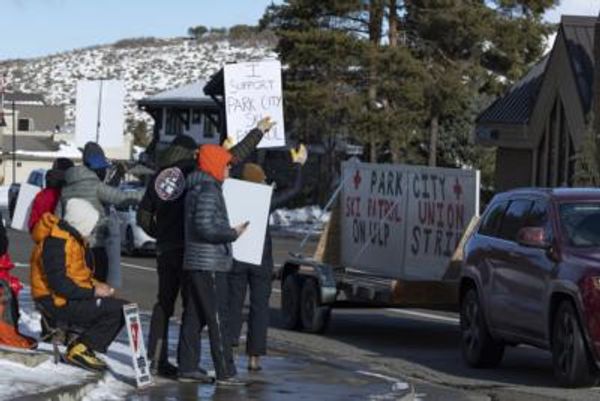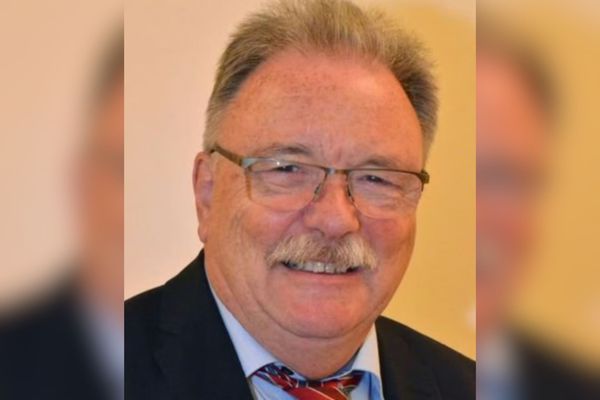The Supreme Court on Tuesday quashed the Jharkhand government's 2016 decision to grant 100% reservation to locals of 13 Scheduled Areas in public jobs and upheld a High Court decision that had termed the government decision discriminatory and impermissible.
The top court said "the citizens have equal rights, and the total exclusion of others by creating an opportunity for one class is not contemplated by the founding fathers of the Constitution of India".
A Bench of Justices M.R. Shah and B.V. Nagarathana said, “In view of the above discussion and for the reasons stated above, we uphold the common impugned judgment and order passed by the High Court declaring the impugned Notification/Order dated July 14, 2016 as unconstitutional and ultra vires Articles 14, 16(2), 16(3) and 35(ai) of the Constitution of India.”
In 2016, the Jharkhand government had invited applications for appointment to the posts of Trained Graduate Teacher (TGT) in government secondary schools, with 100% reservation for local candidates/residents of 13 Scheduled Areas in the State.
On April 11, 2007, the State declared 13 Scheduled Areas/Districts including Ranchi, Lohardaga, Gumla, Simdega, Latehar, East Singhbhum, West Singhbhum, Saraikela Kharsawan, Sahebganj, Dumka, Pakur, Jamtara, Palamu district's Rabda and Bakoriya panchayats of Satbarwa block and Godda district's Sunderpahari and Boarijor blocks.
The top court said it was in complete agreement with the view taken by the High Court and present appeals filed by the affected candidates.
The top court relied on the Constitution Bench judgement of 2020 related to 100% quota in jobs in Andhra Pradesh and said it was held that the power conferred on the Governor to deal with the Scheduled Areas is not meant to prevail over the Constitution.
It said, “The power of the Governor is pari passu with the legislative power of Parliament and the State. The legislative power can be exercised by the Parliament or the State subject to the provisions of Part III of the Constitution. Thereafter, it is ultimately observed and held that the power of the Governor does not supersede the fundamental rights guaranteed under Part III of the Constitution.”
In its 107-page verdict, the Bench said it has been held that when the Fifth Schedule confers power on the Governor, it is not meant to be arbitrary power.
"The Constitution can never aim to confer any arbitrary power on the constitutional authorities. They are to be exercised in a legal and rational manner keeping in view the objectives and provisions of the Constitution. The powers are not in derogation but in the furtherance of the Constitutional aims and objectives," it said.
The Bench said that considering various decisions of this court on 100% reservation and after considering Articles 14, 15 and 16 and other relevant Constitutional provisions, it is ultimately observed and held that the reservation that is permissible by protective mode, by making it 100% would become "discriminatory and impermissible".
"It is further observed and held that the opportunity of public employment cannot be denied unjustly to the incumbents, and it is not the prerogative of a few. The citizens have equal rights, and the total exclusion of others by creating an opportunity for one class is not contemplated by the founding fathers of the Constitution of India," it said.
The Bench said that after applying law laid down in the case of Chebrolu Leela Prasad Rao (2020 verdict), to the facts of the case on hand, the impugned Order/ Notification of July 14, 2016, providing 100% reservation for the local residents of concerned Scheduled Districts/Areas can only be said to be beyond the scope and ambit of powers conferred upon the Governor under the Fifth Schedule of the Constitution.
“100% reservation provided for the local residents of the concerned Scheduled Districts/Areas only would be violative of Article 16(2) of the Constitution of India and affecting rights of the other candidates/citizens of non- scheduled areas/Districts guaranteed under Part III of the Constitution of India,” it said.
The Bench said that even under Article 16(3) of the Constitution, it is the Parliament alone, which is authorised to make any law prescribing, in regard to a class or classes of employment or appointment to an office under the Government of a State or Union Territory.
The top court, however, modified the High Court order on candidates belonging to the Scheduled Districts/Areas who were already appointed in pursuant to the notification and whose appointments are held to be illegal and quashed saying there is a likelihood of more complication which would not be in the larger public interest.
“Hence, we are of the opinion that this is a fit case to mould the relief. Apart from the fact that the appellants herein -selected candidates belonging to the Scheduled Districts/Areas are already working since last about three years, in case appointments already made are not protected then thousands of schools in the State of Jharkhand would be without teachers and the ultimate sufferers would be the children of tribal areas,” it said.







